European leaders vow to boost defense and stand by Ukraine amid U.S. policy shifts. With fears of a growing Russian threat, the EU explores joint military funding and nuclear deterrence options.
European leaders on Thursday said they would stand by Ukraine and spend more on defence in a world upended by Donald Trump's reversal of U.S. policies.
"Europe must take up this challenge, this arms race. And it must win it," Polish Prime Minister Donald Tusk said as he arrived at the summit in Brussels.
"Europe as a whole is truly capable of winning any military, financial, economic confrontation with Russia - we are simply stronger," Tusk said.
Many EU leaders hailed the European Commission's proposals this week to give them fiscal flexibility on defence spending, and to jointly borrow up to 150 billion euros ($160 billion) to lend to EU governments to spend on their militaries.
"We are here to defend Ukraine," the chairman of the meeting Antonio Costa said as he and European Commission Chief Ursula von der Leyen, both smiling broadly, warmly welcomed Ukrainian President Volodymyr Zelenskyy, in sharp contrast with the clash between Trump and Zelenskyy in the Oval Office last week.
But decades of reliance on U.S. protection, divergences on funding and on how France's nuclear deterrence could be used for Europe showed how difficult it would be for the EU to fill the void left by Washington after it froze military aid to Ukraine.
Washington provided more than 40% of military aid to Ukraine last year, according to NATO, some of which Europe could not easily replace. Some leaders still held out hope, in public at least, that Washington could be coaxed back into the fold.
"We must ensure, with cool and wise heads, that U.S. support is also guaranteed in the coming months and years, because Ukraine is also dependent on their support for its defence," Germany's outgoing Chancellor Olaf Scholz said.
Adding to the EU's difficulties, Hungary's nationalist leader Viktor Orban, a Trump ally, may veto a unanimous statement backing Kyiv, though he made clear he would support measures for an increase in spending on Europe's own defence.
NUCLEAR DETERRENCE?
The Brussels summit takes place against a backdrop of dramatic defence policy decisions driven by fears that Russia, emboldened by its war in Ukraine, may attack an EU country next and that Europe cannot rely on the U.S. to come to its aid.
"I want to believe that the United States will stand by us. But we have to be ready if that is not the case," French President Emmanuel Macron said in an address to the French nation on the eve of the summit.
He stressed that Russia had become a threat for all of Europe, remarks that drew strong criticism from Moscow.
NUCLEAR UMBRELLA
In a sign of the gravity of the moment, Macron said France was open to discussing extending the protection offered by its nuclear arsenal to its European partners.
This was met with mixed reaction. Some, like Lithuania's President Gitanas Nauseda, said such a "nuclear umbrella would serve as really very serious deterrence toward Russia." Poland said the idea was worth discussing while others, like Germany, stressed the need to keep the U.S. involved.
Trump has said Europe must take more responsibility for its security and that the U.S. would not protect a NATO ally that did not spend enough on defence.
His decision to shift from staunch U.S. support for Ukraine to a more conciliatory stance towards Moscow has deeply alarmed Europeans who see Russia as the biggest threat.
Underlining the level of concern, the parties aiming to form Germany's next government on Tuesday agreed to lift constitutional limits on borrowing to fund defence spending.
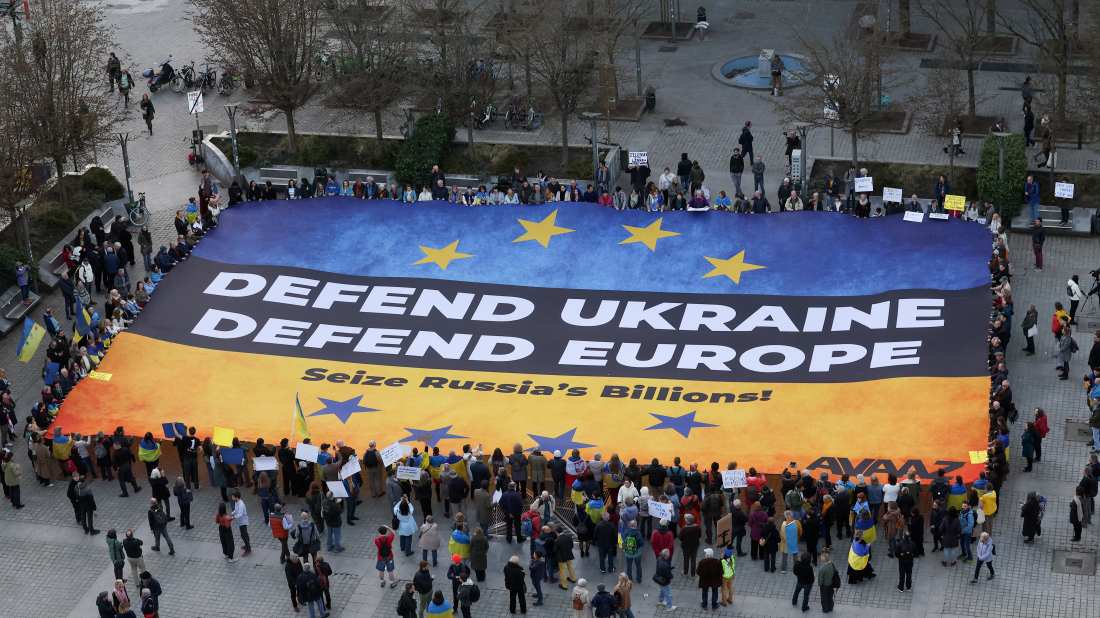




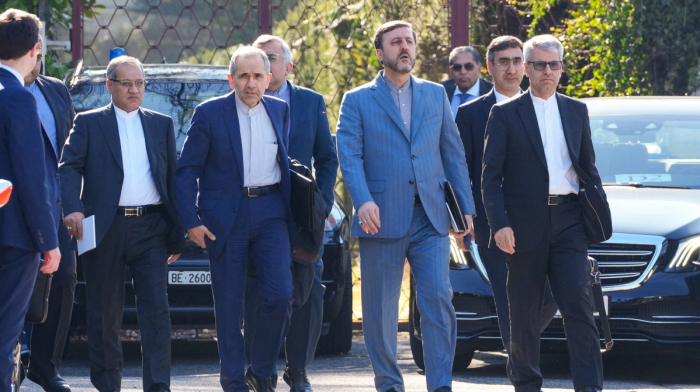
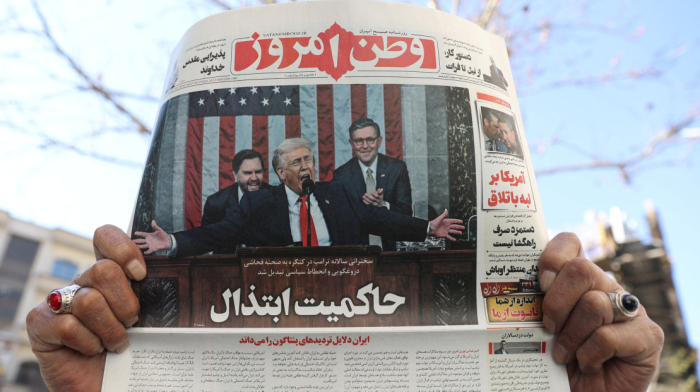
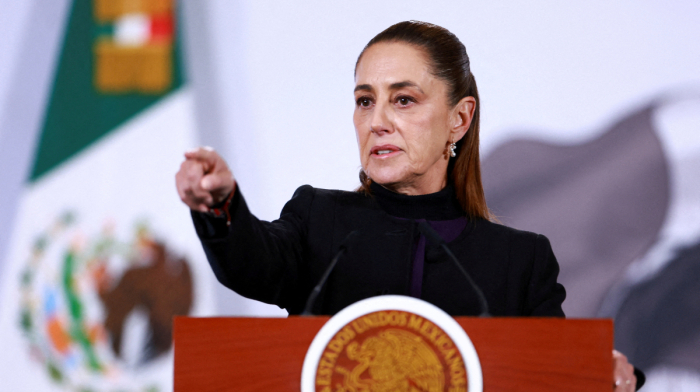
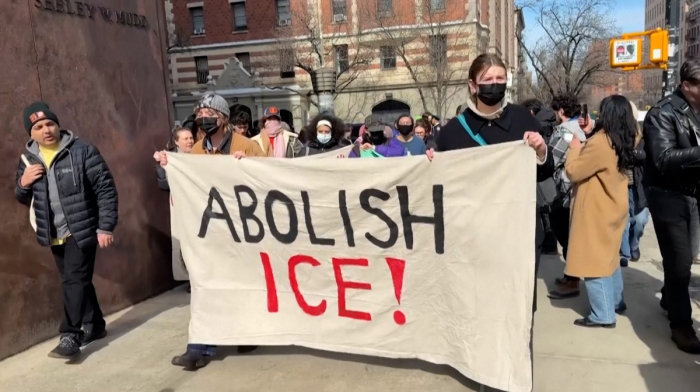
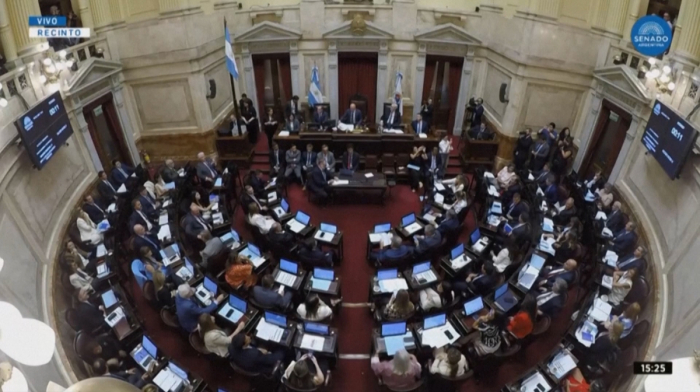

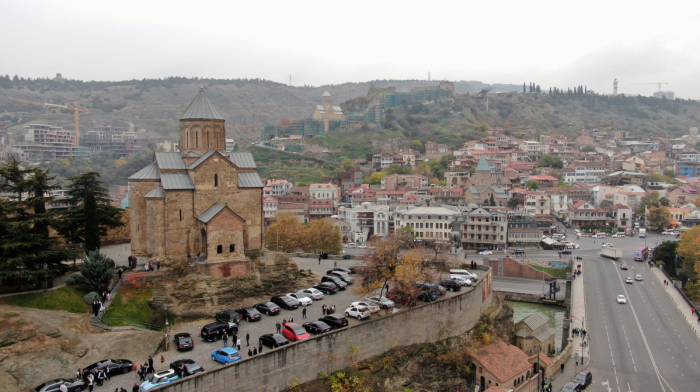
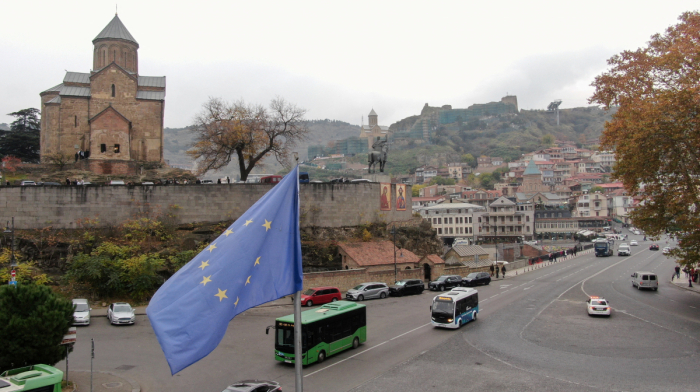
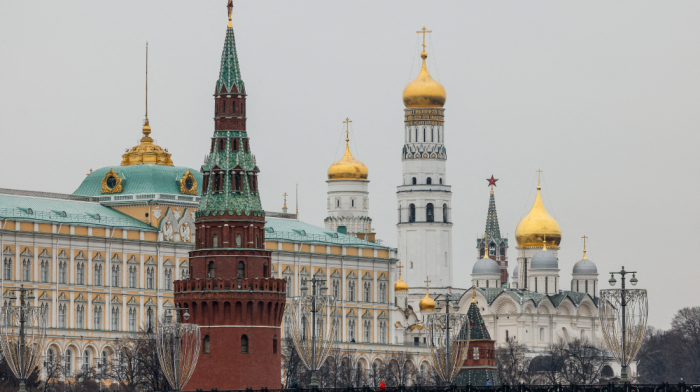
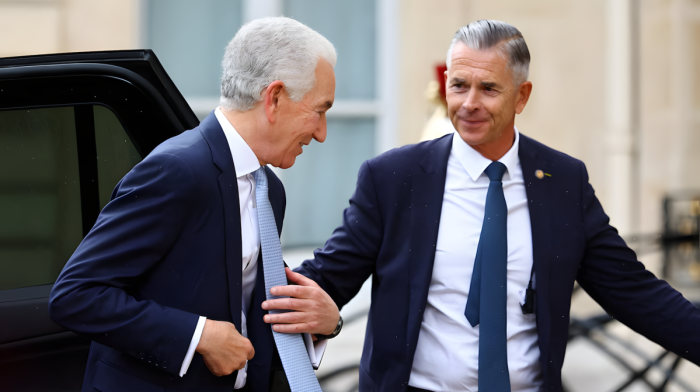
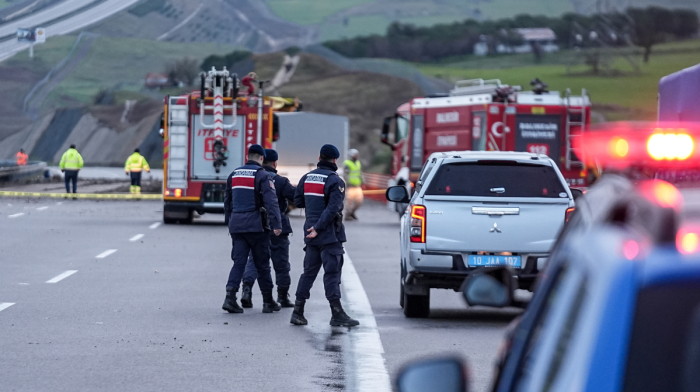
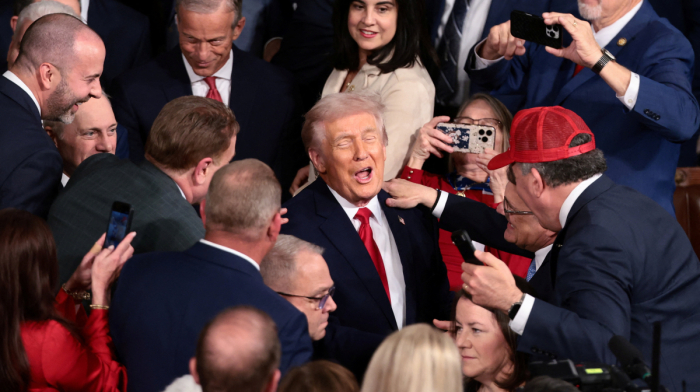
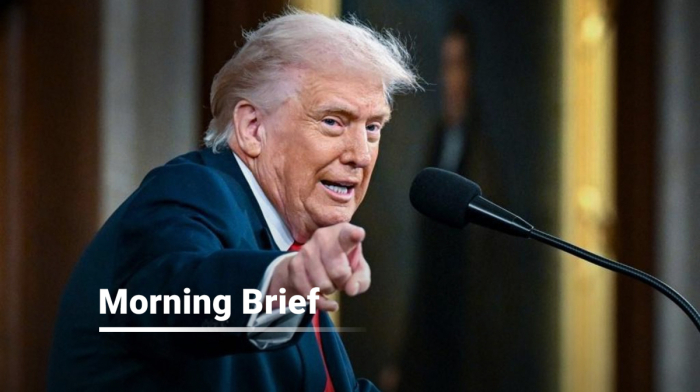
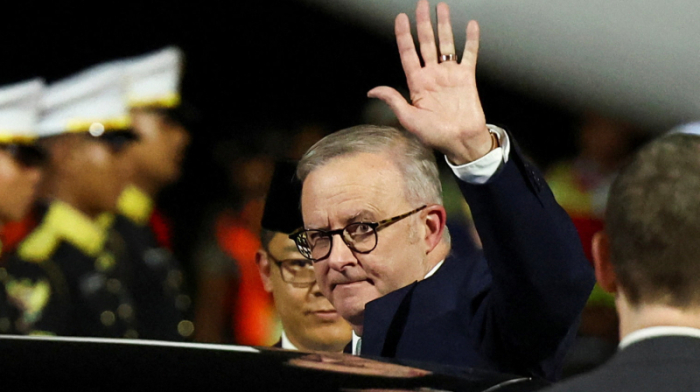
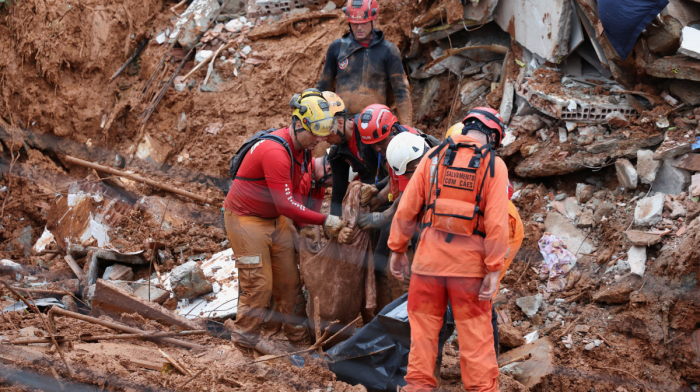
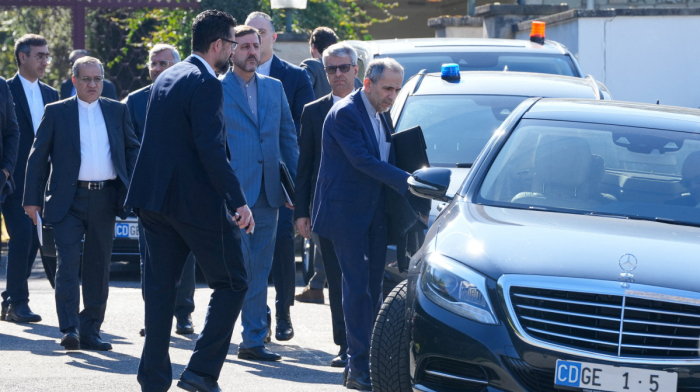



What is your opinion on this topic?
Leave the first comment